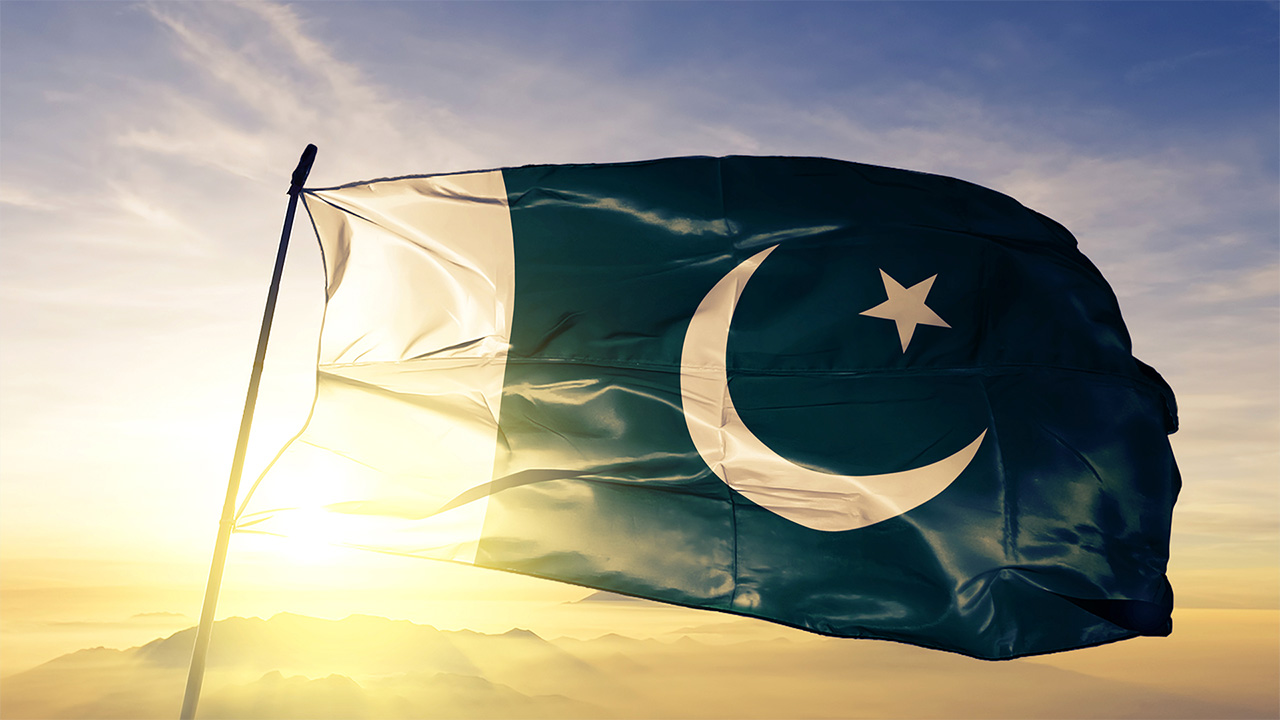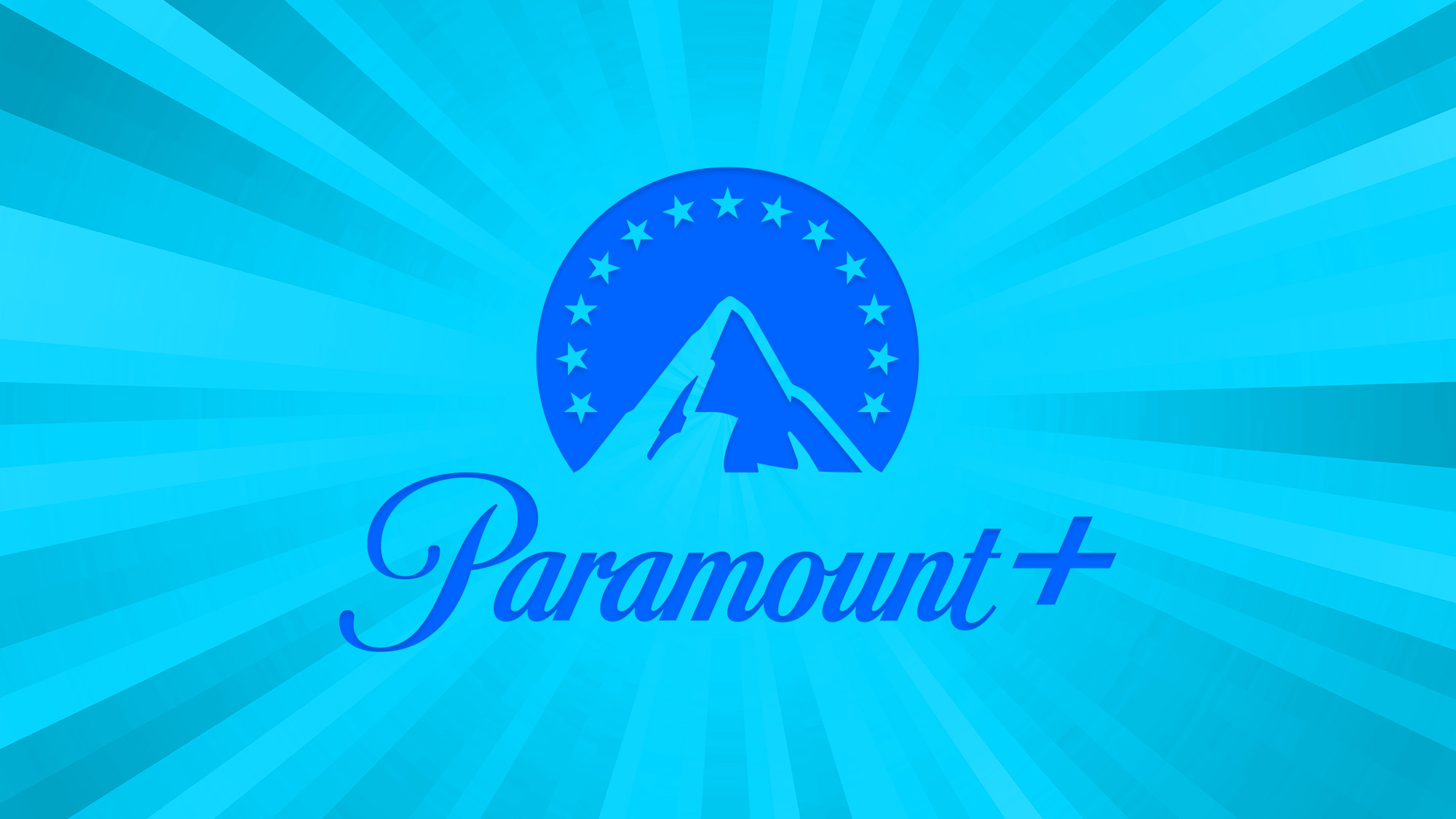Pakistan government moves to restrict VPN usage
VPNs have been declared "un-Islamic", as any un-registered VPNs will no longer work after November 30

Here at Tom’s Guide our expert editors are committed to bringing you the best news, reviews and guides to help you stay informed and ahead of the curve!
You are now subscribed
Your newsletter sign-up was successful
Want to add more newsletters?

Daily (Mon-Sun)
Tom's Guide Daily
Sign up to get the latest updates on all of your favorite content! From cutting-edge tech news and the hottest streaming buzz to unbeatable deals on the best products and in-depth reviews, we’ve got you covered.

Weekly on Thursday
Tom's AI Guide
Be AI savvy with your weekly newsletter summing up all the biggest AI news you need to know. Plus, analysis from our AI editor and tips on how to use the latest AI tools!

Weekly on Friday
Tom's iGuide
Unlock the vast world of Apple news straight to your inbox. With coverage on everything from exciting product launches to essential software updates, this is your go-to source for the latest updates on all the best Apple content.

Weekly on Monday
Tom's Streaming Guide
Our weekly newsletter is expertly crafted to immerse you in the world of streaming. Stay updated on the latest releases and our top recommendations across your favorite streaming platforms.
Join the club
Get full access to premium articles, exclusive features and a growing list of member rewards.
Update November 25: Council of Islamic Ideology (CII) Chairman Dr Raghib Hussain Naeemi has denied VPNs are "un-Islamic", blaming a "typo" that led to confusion and misunderstanding. He claims the word "not" was omitted from the initial statement.
Pakistan's government is continuing its crackdown on VPN usage as users have been told they must register their VPNs with the Pakistan Telecommunications Authority (PTA) by November 30. It is unclear how this measure will affect the best VPN providers.
It appears as though business VPNs are the only VPNs that can be registered, and there will be a flat out ban on personal VPN use. Registered VPNs will be able to be tracked and monitored by the government, removing users' right to privacy and any non-registered VPNs will cease to work.
PTA chairman, retired Major General Hafeezur Rehman stated that individuals "should not access unauthorised social media apps or websites through VPNs" and VPNs used for non-commercial purposes will be blocked.
Those allowed to register VPN use include businesses, banks, and embassies. Individual use is allowed, but only freelancers working for one of these entities. Documentation and IP addresses must be provided when registering, meaning all registered VPNs can be monitored and tracked, providing no privacy to the user.
This therefore assumes any VPN that randomises your IP address, protecting your privacy online, will effectively be un-registerable.
Social media also being targeted
The Council of Islamic Ideology (CII), which advises parliament on aligning legislation with Islamic teachings, declared using VPNs to access "immoral" content was "un-Islamic." The PTA chairman was addressing the Senate Standing Committee on IT and Telecom, who questioned the PTA's power to block VPNs of non-commercial use, with one senator arguing VPNs do not fall under the umbrella of social media apps.
VPN usage has spiked in Pakistan since social media app X (Twitter), along with a host of other sites, was banned in February. Pakistan's Interior Ministry claims VPNs are being used to bypass restrictions on pornographic content, as well as facilitate terrorists in violent activities.
The social media app Bluesky, seen by many as X's successor, has been targeted with a block in recent days. Users have reported difficulty accessing the app and internet watchdog NetBlocks saw disruption begin between November 19 and 20.
⚠️ Confirmed: Metrics show social media platform Bluesky, a popular X alternative, has been restricted in Pakistan, corroborating user reports of issues accessing the service; Pakistan has imposed a growing number of social media platform bans and is also targeting VPN services pic.twitter.com/Lt6vvyKnVINovember 20, 2024
Even though VPNs have been declared "un-Islamic" by the CII, government officials are using them to continue to access the banned app X. Pakistan's Prime Minister Shehbaz Sharif has posted, from a verified account, regularly since February. He has tweeted almost daily in the last week, most recently on November 18, and can only be accessing the app through a VPN.
Deeply saddened by the loss of precious lives due to the dengue outbreak in Bangladesh. Pakistan stands in solidarity with our brothers and sisters in Bangladesh at this difficult time and we stand ready to assist in whatever way we can.@ChiefAdviserGoBNovember 18, 2024
Growing concern?
This move to ban VPNs comes following months of crackdown on their use in Pakistan. On November 9 and 10, Pakistanis experienced a VPN shutdown, with many reporting issues related to connectivity and restricted access. Developers of one of the most secure VPNs, Proton, reported a 350% increase in VPN usage in Pakistan over that weekend through its Proton VPN Observatory page.
When speaking to another provider, NordVPN, about the subject, a spokesperson said: "NordVPN does not have physical servers in Pakistan. We also don’t believe that there’s a way for ISPs to log users’ internet activity while connected to a VPN without additional software installed directly on users’ devices. It seems that the aim of the government is to block VPN access to people who are not registered as VPN users; however, for now, it’s speculation, and we will only be able to make a proper evaluation if the law specifying the regime and consequences comes into action."
How VPN providers will react to these changes is unknown at this stage, but they are not afraid to pull out of a country to protect user's privacy. In 2022, IPVanish pulled its servers in India in response to the Indian government's data retention regulations.
It remains to be seen what the outcome of these proposals will be but the escalation of government crackdown on people's privacy is concerning.

George is a Staff Writer at Tom's Guide, covering VPN, privacy, and cybersecurity news. He is especially interested in digital rights and censorship, and its interplay with politics. Outside of work, George is passionate about music, Star Wars, and Karate.
 Club Benefits
Club Benefits










